Future of Freezer Panels Industry Highlighted at the 138th China Import and Export Fair in 2025
The 138th China Import and Export Fair in 2025 serves as a pivotal platform for showcasing advancements in various industries, notably the freezer panels sector. As global demand for efficient temperature control solutions continues to rise, freezer panels have emerged as a critical component in ensuring energy-efficient storage and transportation of perishable goods. This year’s fair not only highlights innovative designs and manufacturing techniques but also addresses sustainability challenges and the integration of smart technology in freezer panel production. Attendees, ranging from manufacturers to distributors, will gain insights into emerging trends and future opportunities within the freezer panels industry, setting the stage for collaborative ventures and enhanced market strategies in a rapidly evolving landscape. Overall, the fair emphasizes the importance of freezer panels in the broader context of supply chain efficiencies and environmental stewardship, making it a must-attend event for industry stakeholders.
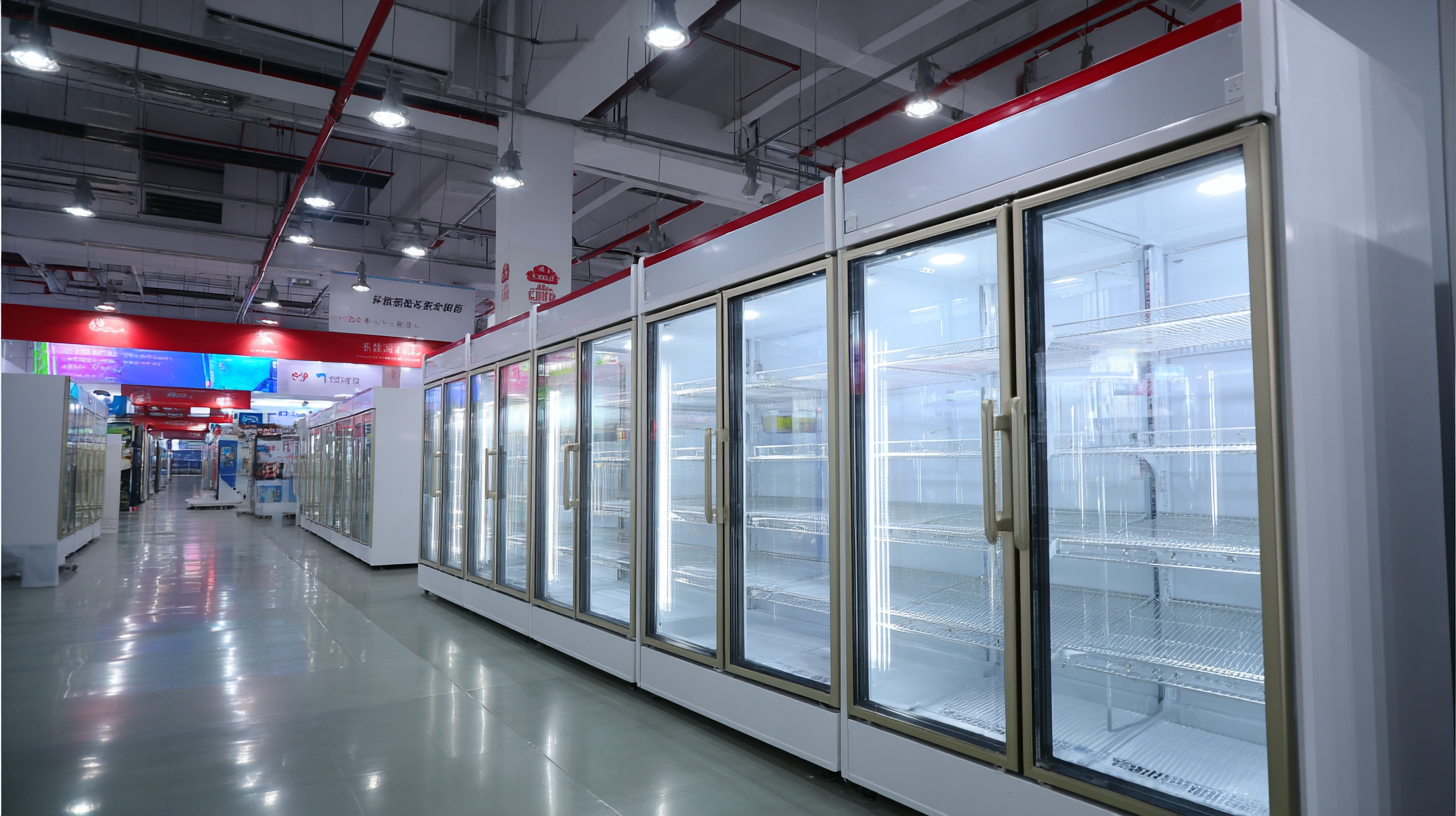
Impact of Technological Advancements on Freezer Panels Industry
At the 138th China Import and Export Fair in 2025, the spotlight was on the revolutionary impact of technological advancements within the freezer panels industry. As the market continues to evolve, data from industry reports indicate that the global freezer panels market is projected to grow at a CAGR of 6.5% between 2023 and 2028. Innovations in material science and manufacturing techniques have significantly improved the efficiency and insulation properties of freezer panels, making them an essential component in cold chain logistics and food preservation.
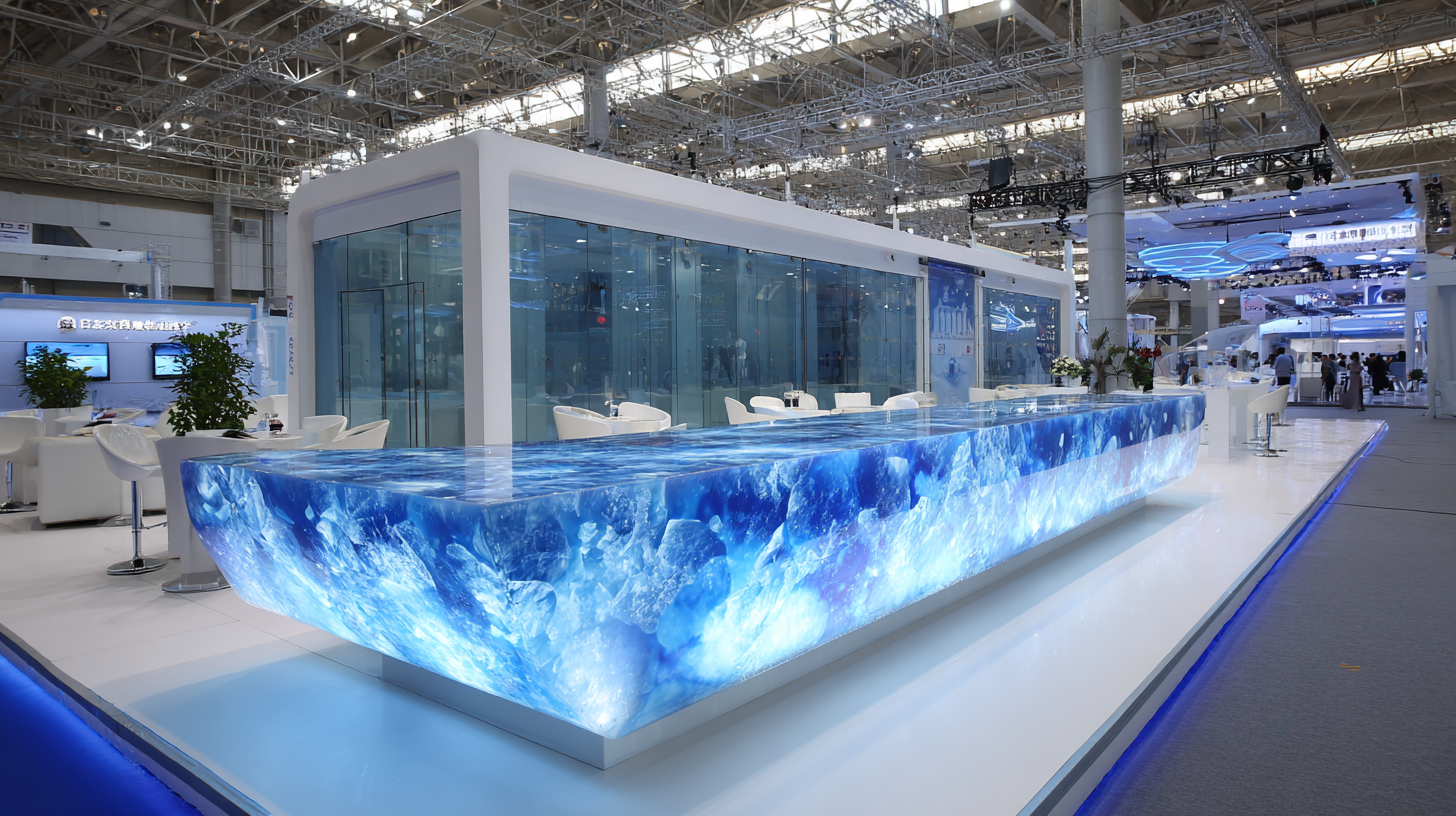
One significant advancement has been the introduction of vacuum insulated panels (VIPs), which offer superior thermal performance compared to traditional materials. Industry reports highlight that the use of VIPs can reduce energy consumption by up to 30%, providing substantial cost savings for businesses. Additionally, smart technology integration is becoming increasingly prevalent, with intelligent monitoring systems ensuring optimal temperature control and reducing spoilage. This technological shift not only enhances operational efficiency but also aligns with global sustainability goals by reducing carbon footprints across the supply chain. As these innovations take center stage, the future of the freezer panels industry looks promising, driven by a blend of efficiency improvements and sustainable practices.
Emerging Trends in Sustainable Practices for Freezer Panel Production
The 138th China Import and Export Fair in 2025 served as a pivotal platform for showcasing the future of the freezer panels industry,
particularly focusing on sustainable practices that are increasingly becoming essential in manufacturing processes. Recent reports indicate that the global freezer panels market is projected to reach
$7.6 billion by 2027, driven by rising demands for energy-efficient solutions in cold storage applications. A significant segment of this growth is
attributed to companies adopting eco-friendly materials and techniques, reflecting the industry's commitment to environmental stewardship.
One of the emerging trends highlighted at the fair is the use of polyisocyanurate (PIR) and extruded polystyrene (XPS) in manufacturing freezer panels.
These materials not only provide superior thermal insulation but also have lower carbon footprints compared to traditional options.
According to a recent industry analysis, implementing sustainable practices in production can lead to a reduction of greenhouse gas emissions by up to
30%. This shift not only aids in complying with international regulations but also meets the increasing consumer demand for greener products,
marking a significant step toward a more sustainable future for the freezer panels industry.
Market Dynamics and Consumer Demand Shaping the Future of Freezer Panels
The freezer panels industry is experiencing significant shifts driven by evolving market dynamics and changing consumer demands. According to a recent market research report by MarketsandMarkets, the global insulated panel market is expected to reach $8.9 billion by 2026, growing at a CAGR of 4.1% from 2021. This growth is largely attributed to the rising need for energy-efficient refrigeration solutions and a surge in food processing and distribution sectors. Specifically, in the freezer panels segment, the demand is being propelled by tighter regulations concerning energy usage and sustainability which are steering manufacturers towards innovative panel designs that prioritize thermal efficiency.
As consumer awareness increases, there is a noticeable trend towards more sustainable products. A survey conducted by Statista showed that 65% of consumers are willing to pay more for eco-friendly appliances. This conscientious shift is urging companies to adopt more environmentally friendly practices in their freezer panel production, from sourcing raw materials to implementing energy-efficient manufacturing processes.
**Tips:** When considering freezer panels for your business, it is essential to evaluate their energy efficiency ratings, as this can significantly impact operational costs. Additionally, look for suppliers who prioritize sustainability in their production methods, as this not only benefits the environment but can also enhance your brand's marketability. Engaging with innovative technologies like advanced insulation materials can also provide a competitive edge in meeting the growing market demand.
Future of Freezer Panels Industry Highlighted at the 138th China Import and Export Fair in 2025
| Dimension | Data (2025) |
|---|---|
| Global Market Size (USD) | $1.2 Billion |
| Annual Growth Rate (%) | 8.5% |
| Key Consumer Segment | Retail & Food Services |
| North America Market Share (%) | 35% |
| Asia-Pacific Market Share (%) | 40% |
| Sustainable Panel Adoption (%) | 60% |
Key Players and Innovations Showcased at the 138th China Import and Export Fair
The 138th China Import and Export Fair in 2025 prominently showcased the future of the freezer panels industry, highlighting key players and ground-breaking innovations. Leading manufacturers presented their latest technologies, emphasizing energy efficiency and sustainability. These innovations are set to reshape the market, offering smarter solutions that cater to the growing demands for refrigeration across various sectors, including food storage and pharmaceuticals.
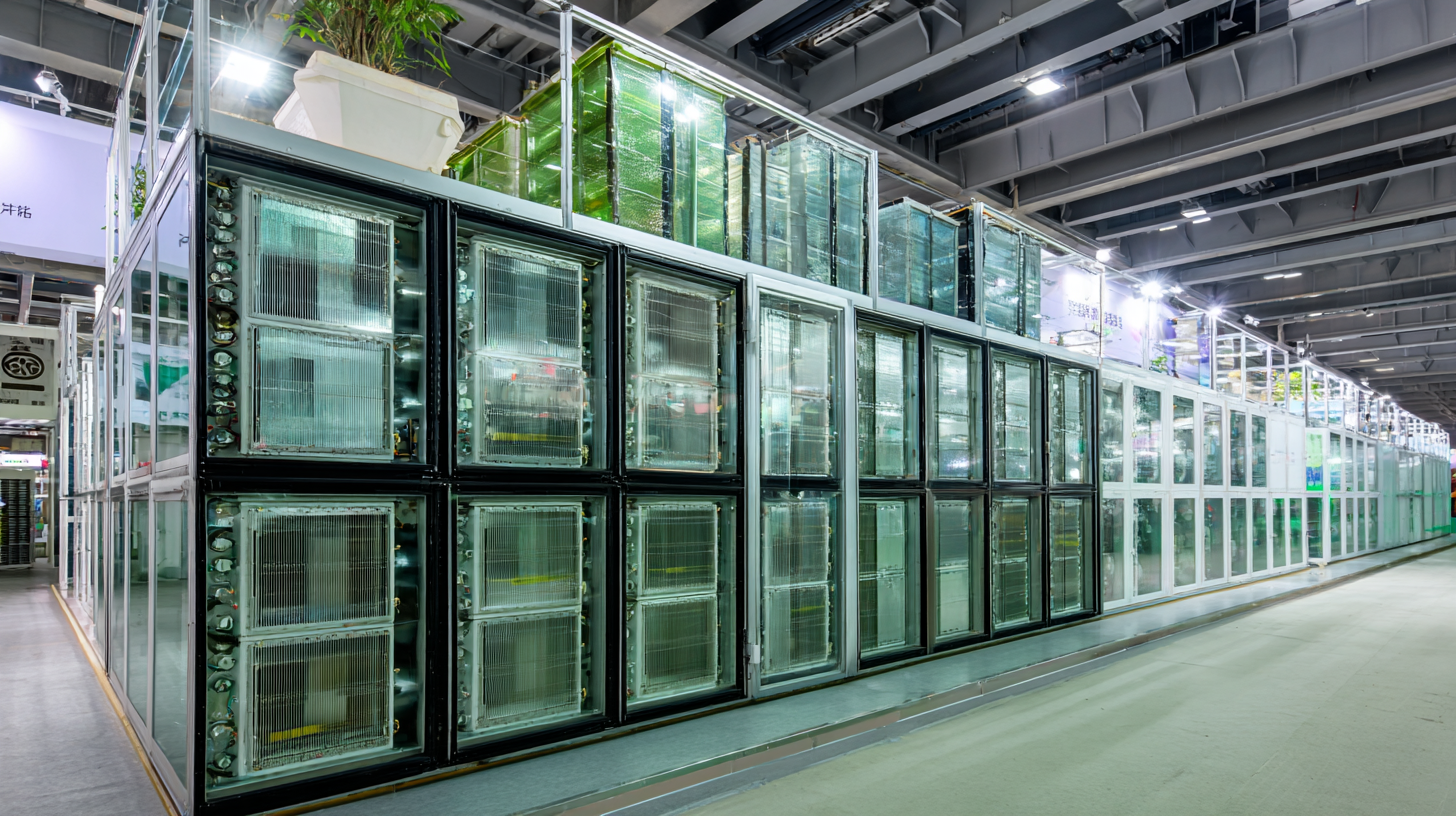 In addition to established companies, emerging startups also took the stage, unveiling cutting-edge designs that promise to enhance insulation properties while minimizing environmental impact. The collaboration between traditional players and new entrants underlines a shift towards more integrated approaches in product development. Attendees were engaged in discussions that revolved around the role of advanced materials and smart technologies, setting the tone for future advancements in the freezer panels sector. The fair not only highlighted current developments but also hinted at upcoming trends that will likely define the industry in the coming years.
In addition to established companies, emerging startups also took the stage, unveiling cutting-edge designs that promise to enhance insulation properties while minimizing environmental impact. The collaboration between traditional players and new entrants underlines a shift towards more integrated approaches in product development. Attendees were engaged in discussions that revolved around the role of advanced materials and smart technologies, setting the tone for future advancements in the freezer panels sector. The fair not only highlighted current developments but also hinted at upcoming trends that will likely define the industry in the coming years.
Opportunities for Global Collaboration in Freezer Panels Market Growth
The freezer panels industry is poised for significant growth as highlighted during the 138th China Import and Export Fair in 2025. With the global cold chain market projected to reach approximately $500 billion by 2030, the demand for high-quality freezer panels is likely to surge. This creates ample opportunities for global collaboration among industry players. Companies can leverage advancements in technology and materials to enhance the performance and efficiency of freezer panels, ultimately driving down costs and improving sustainability.
In line with this growth trajectory, stakeholders should focus on forging partnerships across geographies. According to a recent report from MarketsandMarkets, the cold storage market alone is expected to grow at a CAGR of 16% from 2021 to 2026, underscoring the urgency for collaboration in research and development. By pooling resources and expertise, companies can accelerate product innovation and cater to varied market needs more effectively.
**Tips:** When considering partnerships, pay attention to alignment in vision and technical capabilities. Additionally, exploring joint ventures could facilitate access to new markets, enhancing competitive advantage. Keep an eye on emerging trends in sustainable materials, as consumer demand for eco-friendly solutions continues to rise, offering further avenues for growth in the freezer panels industry.
Future of Freezer Panels Market Growth (2023-2025)
The bar chart illustrates the projected growth of the freezer panels market from 2023 to 2025. The estimated market size is expected to increase significantly, reflecting the rising demand for energy-efficient refrigeration solutions and opportunities for global collaboration in this sector.
Related Posts
-

Exploring Composite Windows Market Trends at the 138th Canton Fair 2025 with Key Industry Insights
-
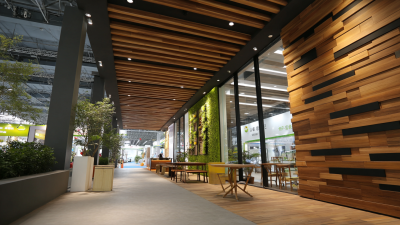
Innovative Composite Wall Cladding Solutions at the 2025 China Import and Export Fair
-

7 Essential Tips for Choosing Building Materials That Meet Industry Standards
-
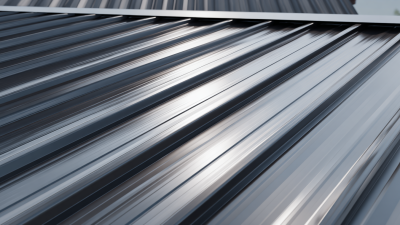
10 Essential Facts About Cladding Sheet You Need to Know